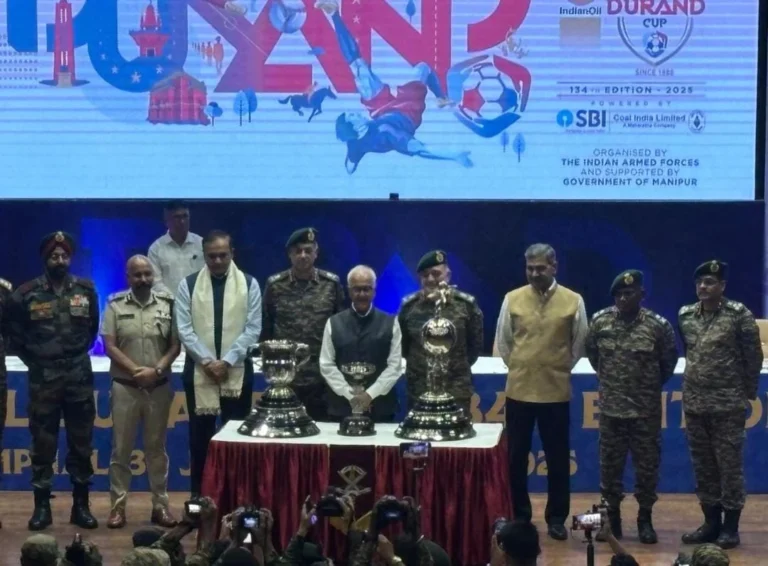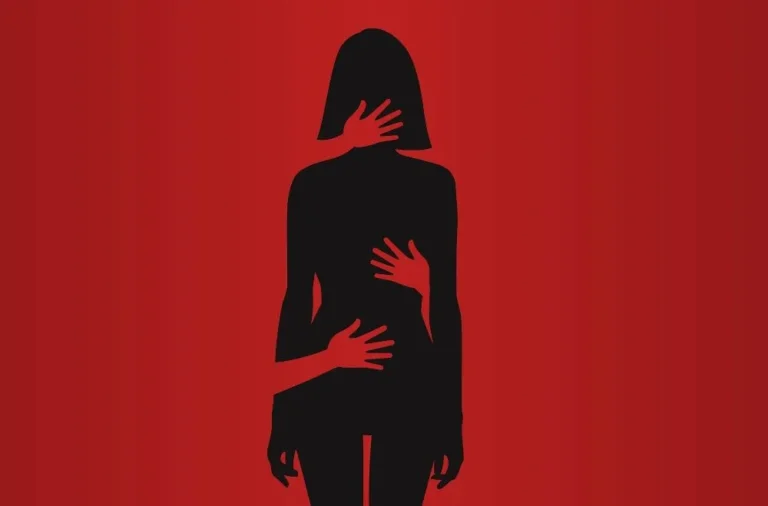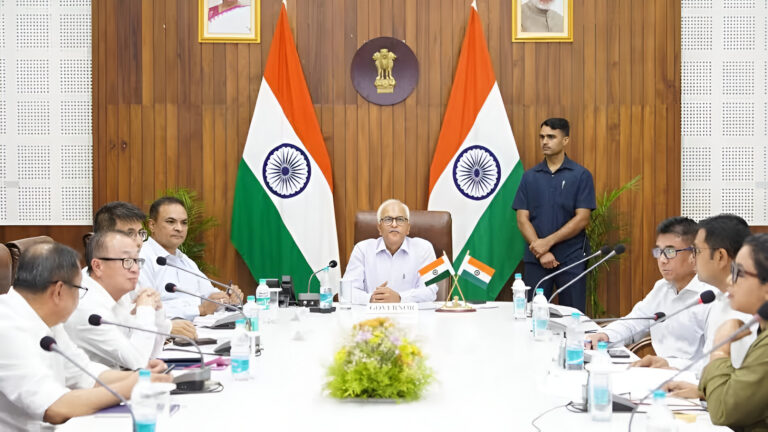Manipur Unrest and Political Controversy: A Deep Dive into the INDIA Bloc’s Demands
Summary of the News Article
The INDIA Bloc, a coalition of opposition parties in India, has called for the resignation of Home Minister Amit Shah over his handling of the prolonged unrest in Manipur. This demand comes amid ongoing violence and ethnic tensions between the Meitei and Kuki communities in the state. The opposition has criticized the government’s inability to restore normalcy and the perceived bias in administration. The unrest has also drawn attention to broader issues, including the contentious AFSPA law and the handling of law enforcement in the region.
Introduction: What’s Happening in Manipur?
Manipur, a northeastern Indian state known for its rich cultural diversity, has been embroiled in violence for months. What started as ethnic clashes between the Meitei and Kuki communities has now spiraled into a broader crisis, impacting governance, security, and public trust in the administration. The INDIA Bloc, a coalition of opposition parties, has now demanded the resignation of Home Minister Amit Shah, accusing the government of mishandling the situation. But what led to this tipping point?
The Trigger: Ethnic Clashes and AFSPA’s Role
At the heart of the conflict are long-standing ethnic tensions. The Meitei community, primarily based in the valleys, seeks recognition as a Scheduled Tribe to access land rights and quotas. This move has faced strong opposition from the hill-dwelling Kuki and Naga tribes, who argue it threatens their rights and identity.
To complicate matters, the Armed Forces (Special Powers) Act (AFSPA), often criticized for human rights violations, continues to be enforced in many areas. Critics argue that AFSPA exacerbates tensions by giving unchecked power to security forces. While the government has partially lifted AFSPA in some regions, its continued presence in Manipur’s hill districts remains a contentious issue.
The INDIA Bloc’s Stand: Demanding Accountability
The INDIA Bloc has sharply criticized the government’s approach, accusing it of being indifferent to the plight of Manipur’s residents. Their demands include:
- Amit Shah’s resignation as Home Minister for failing to restore peace.
- A transparent investigation into the causes of the violence.
- Addressing systemic issues like ethnic discrimination and governance failures.
This push for accountability has reignited debates about federal responsibility and the role of the central government in handling state crises.
Broader Implications: Why This Matters
The unrest in Manipur is not just a local issue—it reflects deeper challenges in India’s governance framework. From ethnic divisions to environmental concerns like deforestation and poppy cultivation, the state’s problems are multifaceted. Furthermore, the handling of the crisis has implications for India’s global image, especially regarding human rights and democratic governance.
Looking Ahead: What Needs to Be Done?
Restoring peace in Manipur will require a multi-pronged approach:
- Dialogue and Mediation: Engage all communities in open discussions to address grievances.
- Security Reforms: Ensure unbiased law enforcement to build trust.
- Economic Development: Focus on inclusive growth to reduce disparities between the valley and hill regions.
- Legislative Review: Reevaluate the application of laws like AFSPA to strike a balance between security and human rights.
Conclusion: A Moment for Reflection
The situation in Manipur is a stark reminder of the complexities of governance in a diverse democracy like India. While the INDIA Bloc’s demands highlight the need for accountability, the path to lasting peace lies in addressing the root causes of the unrest. It’s a challenge that will require both political will and societal effort.
FAQs
- What is the INDIA Bloc?
The INDIA Bloc is a coalition of opposition parties in India formed to counter the ruling Bharatiya Janata Party (BJP). - What caused the unrest in Manipur?
Ethnic tensions between the Meitei and Kuki communities, triggered by disputes over land rights and affirmative action policies, have led to violence. - Why is AFSPA controversial?
The Armed Forces (Special Powers) Act grants broad powers to security forces, often leading to allegations of human rights violations. - What are the INDIA Bloc’s key demands?
They demand Amit Shah’s resignation, a transparent investigation, and measures to address systemic issues in governance. - How can peace be restored in Manipur?
Dialogue, unbiased law enforcement, economic development, and legislative reforms are essential steps toward peace.


